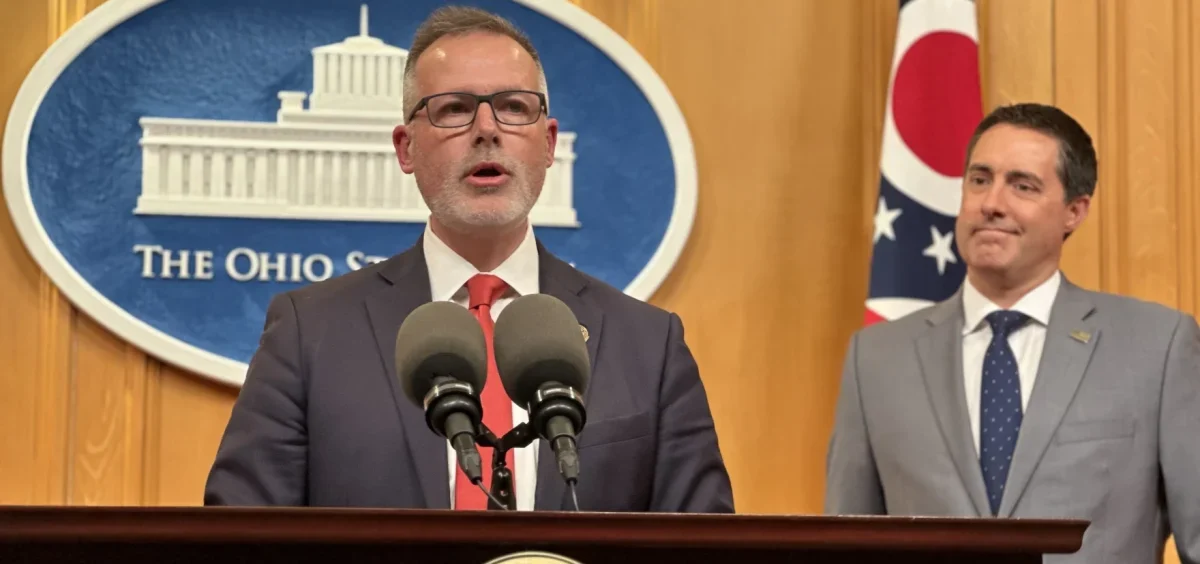Crypto Cold Shoulder: Ohio Treasurer Pumps the Brakes on State's Digital Currency Gambit

Ohio is set to embrace the digital currency revolution as state leaders push for cryptocurrency acceptance in government transactions. Treasurer Robert Sprague and Secretary of State Frank LaRose are championing an innovative proposal that would allow state agencies to accept Bitcoin and other cryptocurrencies for various fees and services.
The forward-thinking initiative aims to modernize Ohio's payment systems and provide taxpayers with more flexible payment options. By opening the door to digital currencies, the state hopes to attract tech-savvy residents and demonstrate its commitment to financial innovation.
While details are still being finalized, the proposal signals Ohio's willingness to adapt to emerging financial technologies. Cryptocurrency acceptance could potentially streamline government transactions and reduce traditional payment processing costs.
This move follows Ohio's previous experiments with cryptocurrency, making the state a potential trendsetter in government financial technology adoption. As digital currencies continue to gain mainstream acceptance, Ohio appears poised to be at the forefront of this financial transformation.
